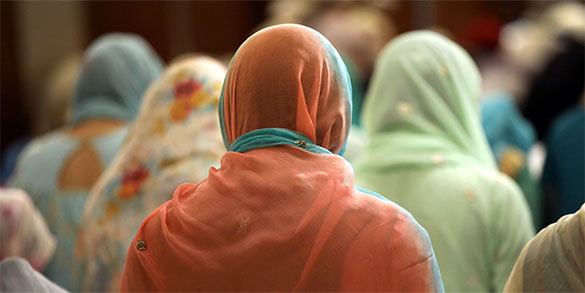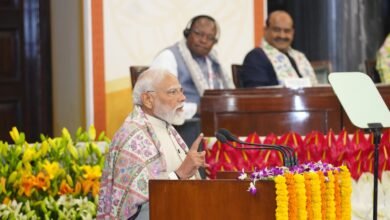Supreme Court Will Examine The Legitimacy Of Muslim Minor Girls’ Marriages

On January 13, the Supreme Court made the decision to investigate whether females as young as 15 years old can get married based on personal or customary law although such marriages are illegal under statutory law.
Against a recent ruling by the Punjab and Haryana High Court that stated a girl could be married on the basis of Muslim personal law once she reached puberty or the age of 15, irrespective of the Protection of Children from Sexual Offenses Act’s provisions, the National Commission for the Protection of Child Rights (NCPCR) filed a formal notice.
According to the Supreme Court, other courts would not be bound by the High Court’s ruling. When speaking on behalf of NCPCR, Solicitor General Tushar Mehta stated “Marriages between 14 and 15-15-year-old females are common. In the face of laws like POCSO and the Indian Penal Code, which classify such weddings as crimes, may personal law and custom be invoked?”
Recently, the Kerala High Court made the observation that POCSO regulations would be applicable regardless of whether the marriage was lawful or not if either the bride or the groom were minors.
The NCPCR has argued that laws like POCSO and the Prohibition of Child Marriage Act are secular in character and should apply to all segments of society through counsel Swarupama Chaturvedi.
In order to raise the minimum age of marriage for women from 18 to 21 years old, the Prohibition of Child Marriage (Amendment) Bill, 2021 proposed to alter the Prohibition of Child Marriage Act, of 2006. For women, the legal age of marriage is 18, while for men it is 21. Child marriage, which is illegal, is regarded to occur before this age.
The government was tasked by the supreme court in December 2022 to answer to a second case the National Commission for Women (NCW) had filed to equalize the minimum age of marriage for Muslim women and those of other faiths. Like the NCPCR, NCW had questioned whether personal law might supersede POCSO’s statutory requirements, etc.
The NCW had contended that the habit of getting married before turning 18 would put Muslim women at risk of harassment and abuse. It was capricious and prejudiced. The petition called for the implementation of the fundamental rights of Muslim girls under the age of majority who had entered into marriages, whether voluntarily or not.






